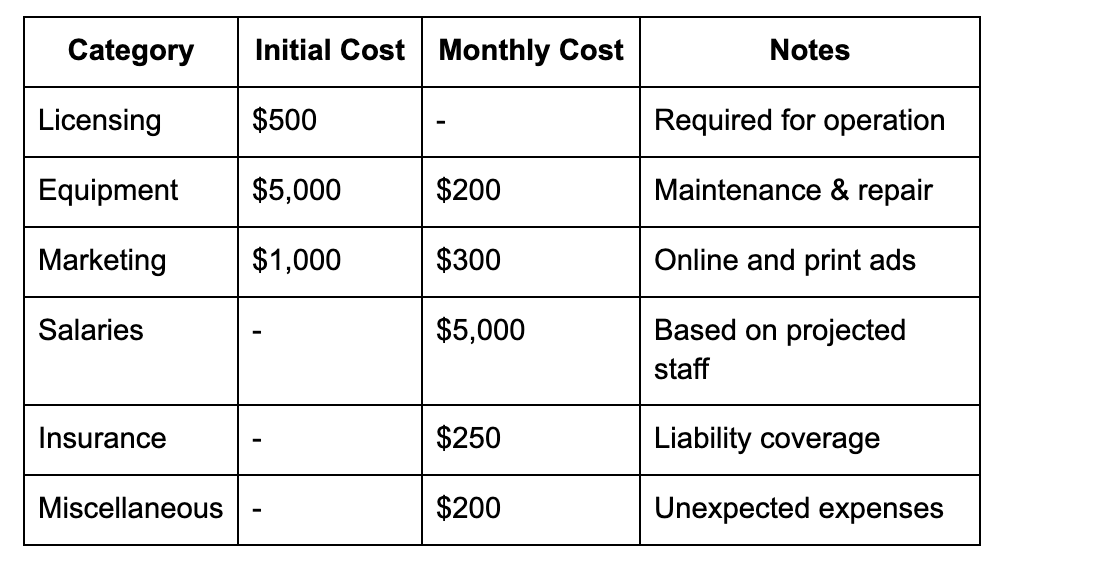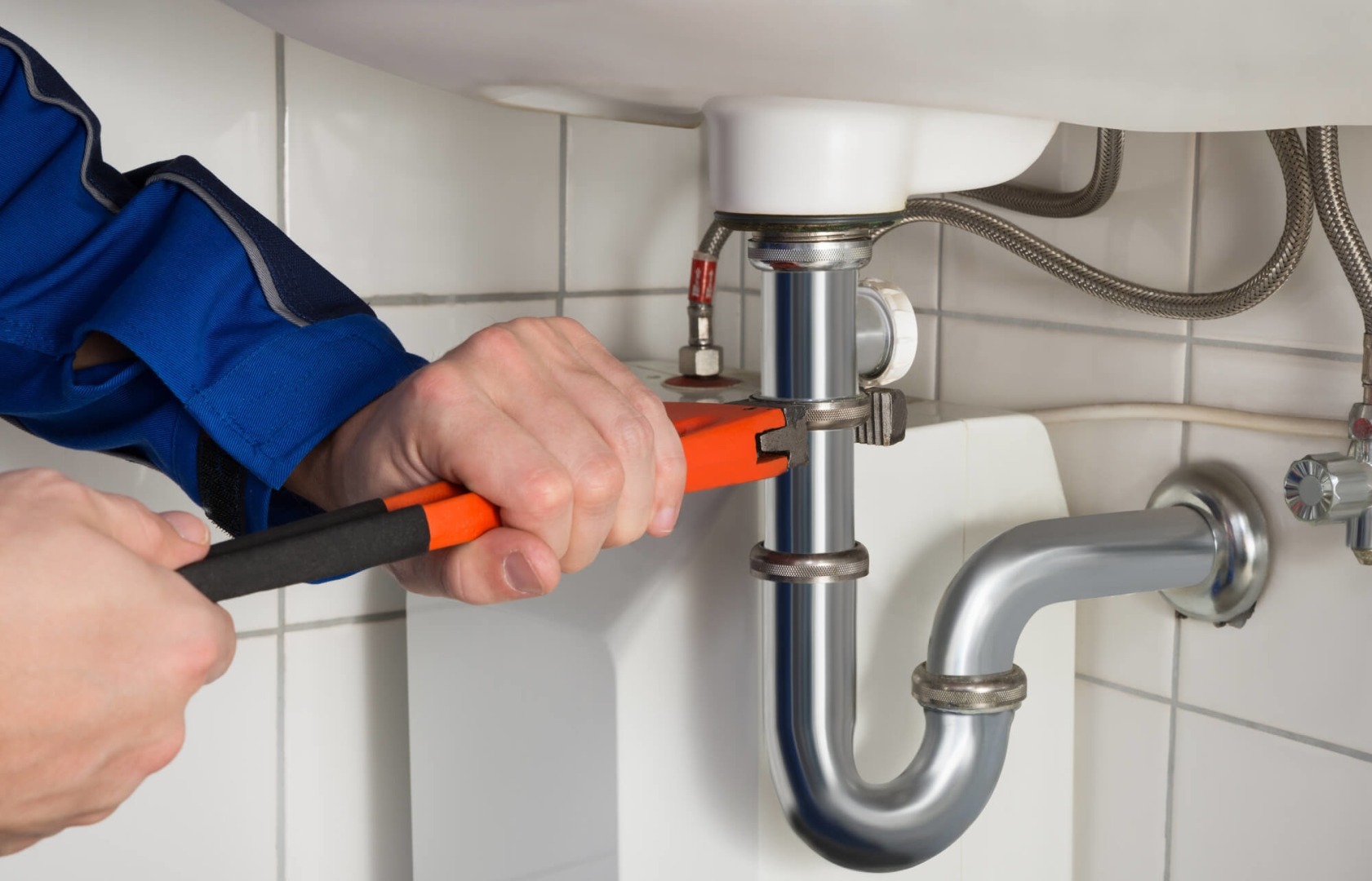
How to Run a Successful Plumbing Business: Key Strategies for Growth
Running a successful plumbing business requires more than just expertise in the trade.
It demands a solid grasp of business fundamentals to ensure sustainability and growth. As you steer your plumbing company towards success, it is essential to focus on building a reliable client base, offering exceptional service, and managing your finances efficiently. Navigating the complexities of marketing, customer service, and strategic planning is key, and it all starts with clear goals and a comprehensive business plan.
Understanding the market you're operating in can give you a competitive edge. Stay updated with the latest plumbing technologies and trends, ensure you're compliant with all regulations, and develop a pricing strategy that balances fairness with your need to turn a profit. Equally important is investing in the tools and people that will help you deliver quality workmanship consistently. Hiring skilled plumbers, investing in their training, and maintaining high safety standards are vital to your business' reputation and operational efficiency.
Lastly, effective communication and responsiveness are the cornerstones of customer satisfaction in the plumbing business. Enhance your availability through reliable communication channels and provide prompt and professional service. Your ability to address customer concerns swiftly and effectively can set you apart from the competition. By adopting these approaches, you lay the foundation for a plumbing business that not only survives but thrives in the long term.
Understanding the Plumbing Industry

In operating a successful plumbing business, you need to grasp the current market dynamics and adhere strictly to industry regulations.
Market Research and Demand
Conducting thorough market research is the cornerstone of understanding the plumbing industry. You must identify your target audience, which can range from residential homeowners to commercial businesses. Demand in the plumbing industry often correlates with construction trends and the age of existing infrastructure—older systems tend to fail more, creating more work opportunities for your business. For example, if you were a Perth plumber then you would likely deal with a lot of burst pipes due to tree root damage.
Regulation and Compliance
Your plumbing business must operate within the legal framework set by both local and national authorities. Licensing is a non-negotiable aspect; every plumber working for you should have the necessary qualifications. Building codes dictate the standards for plumbing systems and vary significantly from one jurisdiction to another, making it critical that you are always up-to-date with the latest requirements. Moreover, compliance with safety regulations is essential to protect your workers and clients and avoid costly litigations.
Developing Your Business Plan
A well-structured business plan is crucial for your plumbing business to navigate towards success. It aligns your objectives and financial strategies into a cohesive framework.
Setting Clear Objectives
Firstly, you must define specific, measurable goals for your plumbing business. Start by identifying the services you will offer, the geographic area you will serve, and the unique selling points that set you apart from competitors. Determine your short-term goals, such as acquiring a certain number of new clients within a year, and your long-term goals, like expanding your service area or offering franchising opportunities.
Budgeting and Financial Planning
Your business's financial health hinges on effective budgeting and planning. Begin by itemizing your startup costs, which may include licensing fees, inventory, equipment, and marketing expenses. Once operational, create a budget that covers recurring expenses like salaries, utilities, insurance, and maintenance. Remember to include a section for emergency funds and unexpected costs. Forecast your revenue, considering factors such as average job size, frequency, and seasonal demand, to ensure profitability. Use a table like the one below to organize your financial plan:

It's essential to regularly review your financial plan, adjusting as necessary to reflect changes in the market or your business operations.
Effective Marketing Strategies
In the competitive plumbing business, effective marketing strategies are essential to stand out and attract customers. Your approach to branding and building an online presence, as well as creating networks and partnerships, are crucial components for success.
Branding and Online Presence
Building a strong brand starts with a memorable company name and logo that reflect the professionalism of your plumbing services. Ensure your brand messaging is consistent across all platforms, from your business cards to your social media profiles. Your website should be user-friendly and optimized for search engines to improve visibility. Include testimonials and before-and-after photos of your work to establish credibility.
Leverage social media by creating profiles on platforms where your potential customers are most active. Regularly post engaging content that adds value, such as plumbing tips, to keep your followers interested and remind them of your expertise. Use targeted ads to reach a local audience who might require your services.
Networking and Partnerships
Forge relationships with related businesses such as hardware stores, contractors, and real estate agencies. These partnerships can lead to referrals and mutual growth opportunities. Attend local community events and trade shows to network and get your brand in front of a wider audience.
Engage with local online communities and forums to answer plumbing-related questions, showcasing your knowledge and services. This not only positions you as an expert but also helps in building trust within the community. Partnering with local charities or sponsoring local events can enhance your reputation and increase brand awareness.
Operational Excellence

Ensuring operational excellence in your plumbing business revolves around the recruitment of adept technicians and delivering superior customer service. These foundational components contribute to the efficiency and reputation of your business.
Hiring Skilled Technicians
To guarantee quality service, you must hire skilled technicians. Screen candidates thoroughly, focusing on both their technical abilities and their problem-solving skills. Verify certifications and previous work experience with great detail. Consider incorporating a practical skills assessment as a part of your interview process to judge their competency in real-world scenarios. Encourage continuous learning and offer training opportunities to keep your staff updated on the latest plumbing technologies and methods.
Customer Service and Satisfaction
Customer service can make or break your plumbing business. Create a customer service protocol that emphasizes promptness, clarity in communication, and effective resolution of any issues. Train your team to handle customer inquiries and complaints professionally. Implement a follow-up strategy to gather feedback post-service, which will help you maintain high satisfaction levels. Record and assess customer feedback to identify areas of improvement, ensuring each interaction contributes to a positive reputation for your business.
Trending
-
1 SEO Mistakes That Could Be Costing Your Shopify Store Sales
Daniel Hall -
2 Strategies for Safeguarding Assets and Investments
Daniel Hall -
3 The Role of PR Firms in Crisis Management and Damage Control
Nitish Mathur -
4 How to Make Appealing Visuals for Your E-commerce Store
Daniel Hall -
5 The Competitive Landscape of Low-Cost Carriers in Belgium: TUI Fly Belgium’s Position
Daniel Hall





Comments